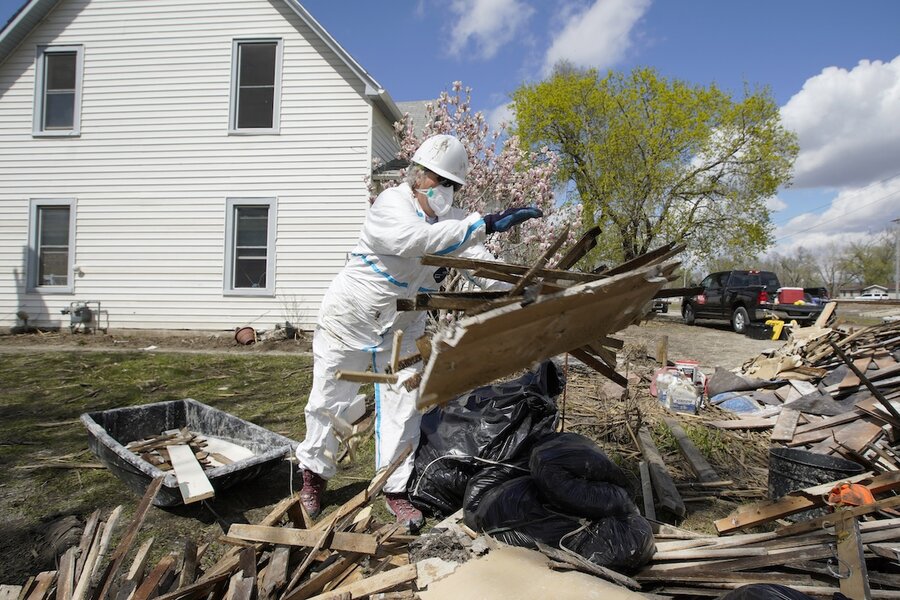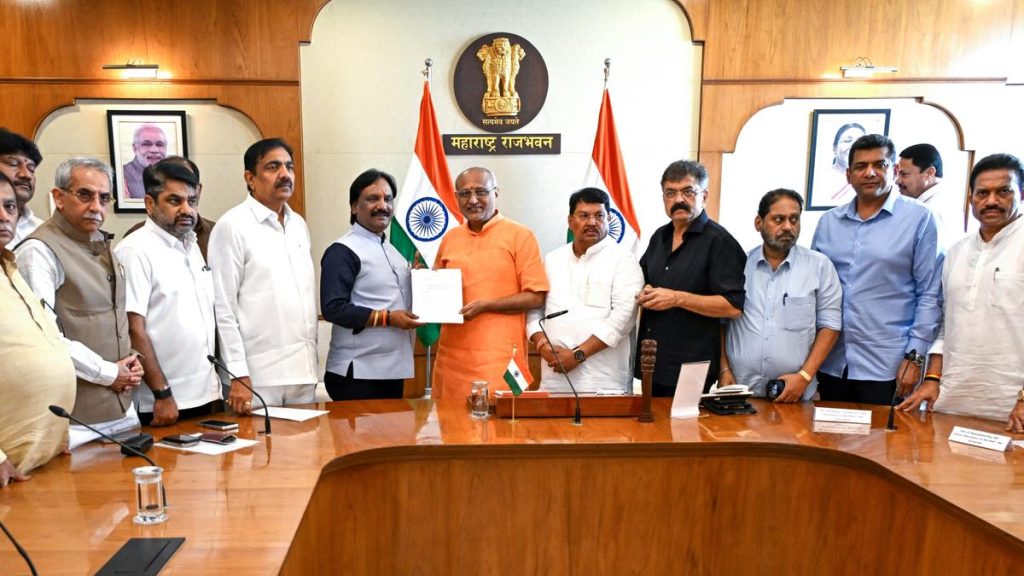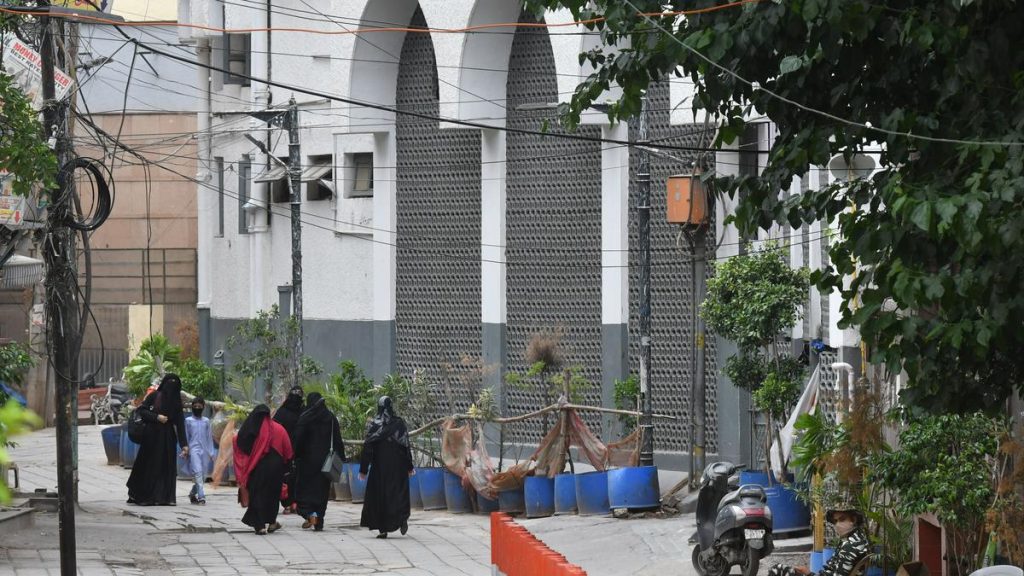Now Reading: Trump Ends FEMA Support, Aid Groups Bolster Local Resilience Efforts
-
01
Trump Ends FEMA Support, Aid Groups Bolster Local Resilience Efforts
Trump Ends FEMA Support, Aid Groups Bolster Local Resilience Efforts

Quick Summary:
- Team Rubicon, a nonprofit disaster relief association, is preparing to take on expanded roles due to potential FEMA cutbacks and reduced federal disaster aid.
- president Donald Trump has announced plans to “phase out” FEMA after the hurricane season and reduce federal disaster assistance, with funds potentially distributed directly by the president’s office.
- Experts warn this could led to fewer major disaster declarations, diminished response capacity, and fewer resources for coordination during natural disasters.
- FEMA has already scaled back programs like door-to-door canvassing for survivor aid enrollment.Staffing cuts of 2,000 employees have occurred as January.
- Relief organizations cite concerns about replacing vital FEMA services such as temporary housing grants or debris removal funding. Nonprofits are under pressure from frequent disasters coupled with government funding reductions.
- The United States hurricane season (June-November) is forecasted by NOAA to be above normal this year with as many as 10 hurricanes expected.
Indian Opinion Analysis:
The decision to scale back federal disaster relief thru FEMA may set a challenging precedent amidst worsening climate-related events worldwide. For India-frequently impacted by cyclones or flooding-this situation highlights critical questions about national readiness for large-scale climate disasters in any country. Reliance on robust central structures like NDMA (National Disaster Management Authority) parallels how centralized responses remain crucial in mitigating impact.
India could derive valuable lessons from the developments surrounding FEMA cuts: local communities and nonprofits can play key roles but cannot substitute for coordinated state-led efforts during crises requiring high-level resource mobilization. As evidenced here, stretching community-based organizations too thin risks undermining resilience mechanisms at grassroots levels.
Even though driven by policy shifts elsewhere, these changes underline broader considerations for India’s evolving strategies in disaster management amid global uncertainties tied closely to climate volatility-a relevant area warranting proactive planning.

























